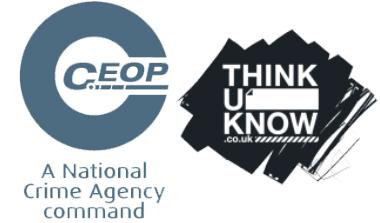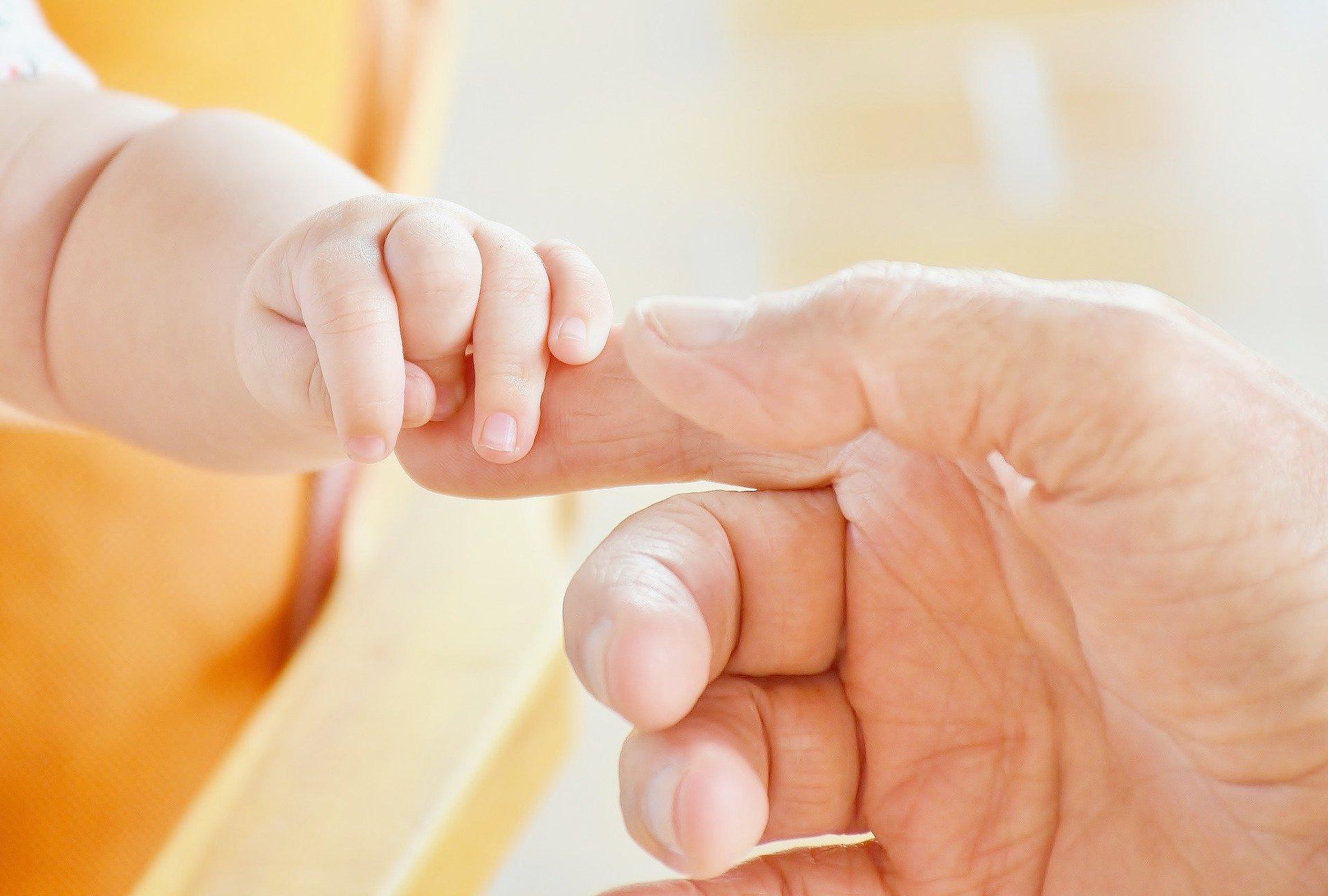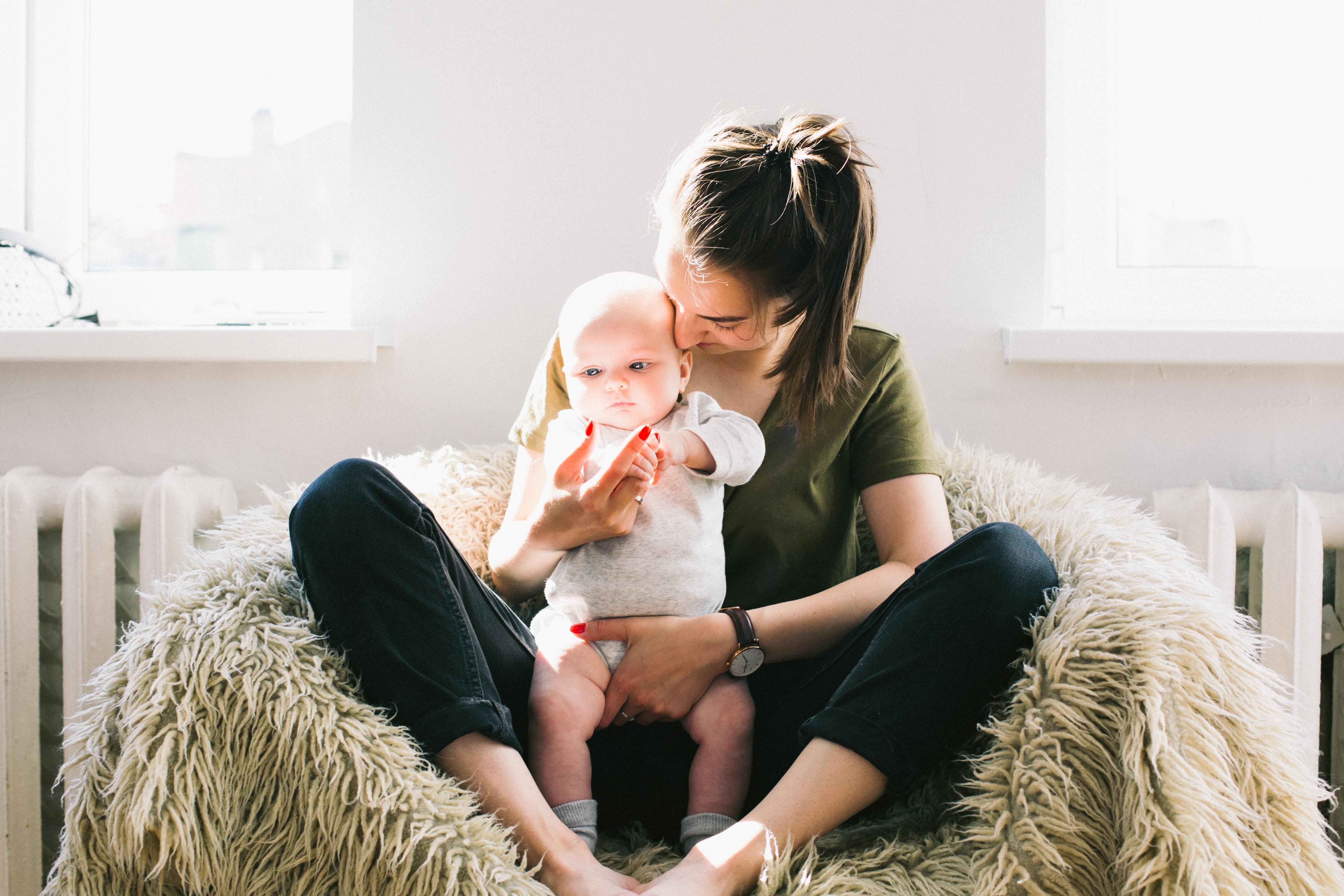Are You Worried About Something Online?
The internet can be a great place to keep in touch with friends and make new ones. Some people online will be genuine and supportive, but others may use the internet to look for sex and target young people. Read advice on what you can do if you're worried about something that has happened online to your child.
The internet can be a great place to keep in touch with friends and make new ones. Some people online will be genuine and supportive, but others may use the internet to look for sex and target young people. They may want to trick, pressure or force young people into sexual activity.
If you have any concerns about who your child is in contact with online, grooming or sexual exploitation, you should report your concerns directly to CEOP.
Making sense of online sexual abuse
When online abuse happens to children, it can be difficult for parents and carers to make sense of what has happened. If your child has not told you directly about the abuse, it may be hard to understand why. It’s essential that as a parent or carer you understand that your child is not at fault and needs your support and guidance if something has happened to them online.
Keeping your child safe online
Whilst knowledge of the potential risks to children online may seem daunting, there are actions that you can take as a parent or carer to support your children to have safe and positive experiences online.
Chat little and often
The best way you can protect your child is to establish a positive relationship with them around their life online. Talk to them – not just once but have ongoing conversations as part of your family life.
Take the opportunity to talk to them about how to stay safe on the platforms and services they use. For example, you could ask about the types of issues that have arisen for their friends online, and what advice they would offer to help them feel safe. Talking about others can help you avoid directly questioning what they do online, and possible embarrassment.
Explain to them any worries you have
Your child might think that you are getting worried for no good reason, but if you explain why something is troubling you they will understand why you want to talk to them. Tell them if it is something you have read about or seen their friends doing.
Remind them to report anything worrying, and how they can do this
It’s important that children and young people always know where to go if they come across something that worries them or makes them feel uncomfortable online. Make sure they know that you would never blame them for anything that might happen online.
To help, you could encourage them to speak to you or another adult immediately if they have any worries or concerns. Help them to identify a trusted adult that they can approach, if they feel they can’t talk to you, even if this means on the phone.
Make sure they know that they can always report to CEOP if they are worried about sexual abuse online. Or if they are worried about something else, they can call a helpline, like Childline. If you’re worried that your child is being groomed or exploited online, you should report your concerns directly to CEOP.




















































